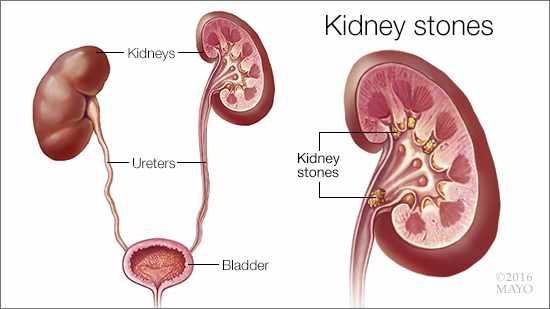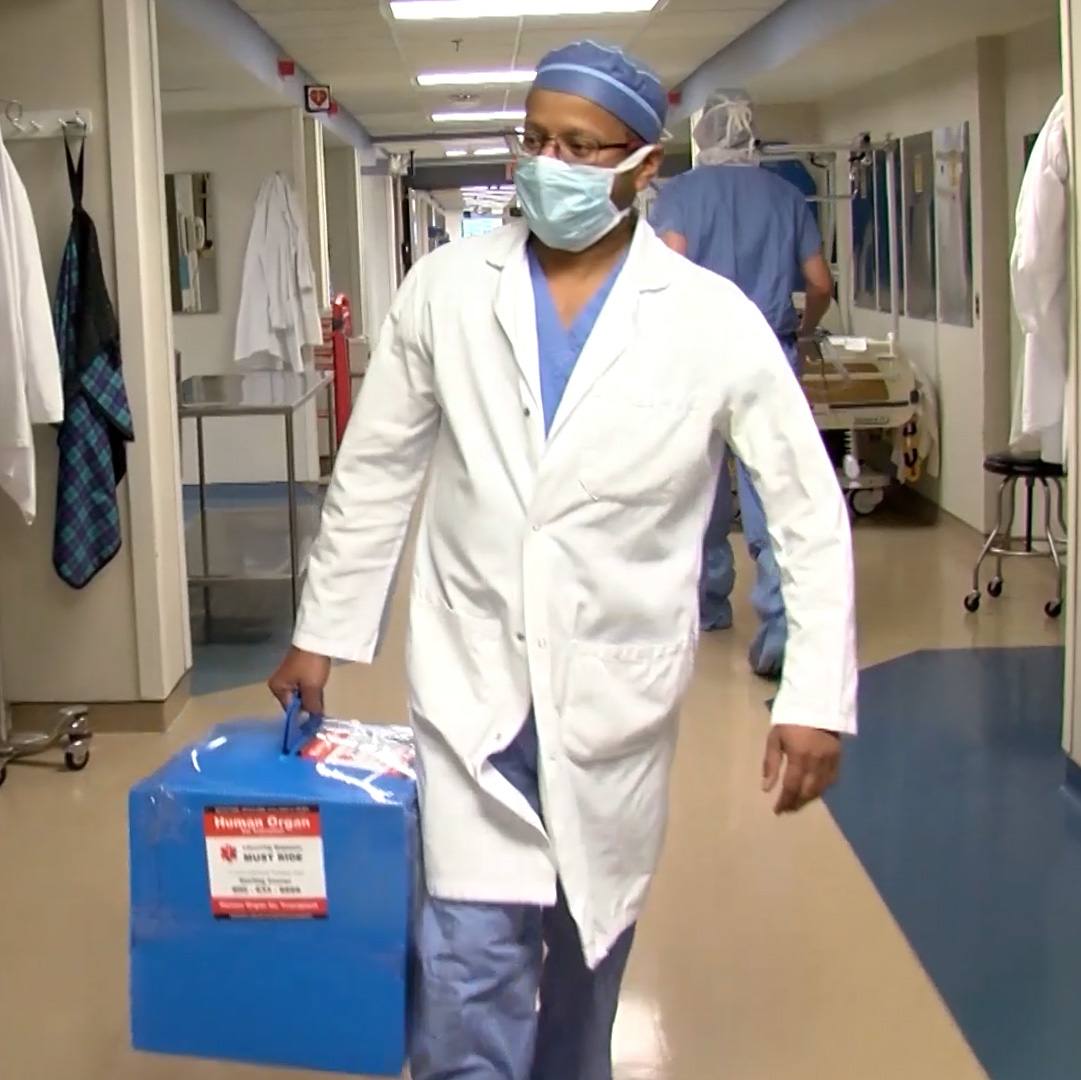-
Featured News
Research connects first-time kidney stone formers and chronic kidney disease
 ROCHESTER, Minn. – Mayo Clinic nephrologists have uncovered a connection between first-time kidney stone formers and chronic kidney disease. In a paper published today in Mayo Clinic Proceedings, researchers announce a persistent decline in kidney functioning following an individual’s first case of kidney stones.
ROCHESTER, Minn. – Mayo Clinic nephrologists have uncovered a connection between first-time kidney stone formers and chronic kidney disease. In a paper published today in Mayo Clinic Proceedings, researchers announce a persistent decline in kidney functioning following an individual’s first case of kidney stones.
A Mayo Clinic team led by William Haley, M.D., and Andrew Rule, M.D., assessed a group of 384 stone formers three months after their first stone event to study the effect of kidney stones on their kidney function. Compared to the control group, kidney stone formers maintained higher levels of the blood marker cystatin C and higher levels of urine protein ― both of which are connected with higher risk of chronic kidney disease.
“Even after adjusting for other risk factors, including urine chemistries, hypertension and obesity, we still found that those with a kidney stone episode had subsequent abnormal kidney function,” says Dr. Rule. “This helps us better understand the long-term implications of kidney stones beyond recovery time.”
MEDIA CONTACT: Kelly Reller, Mayo Clinic Public Affairs, 507-284-5005, newsbureau@mayo.edu
Kidney stones affect just over 7 percent of adults, and that number has been on the rise. Though previous studies have identified a long-term risk of chronic kidney disease in kidney stone formers, prior research has not assessed kidney function immediately after their first stone event.
The small, hard mineral deposits that characterize kidney stones can cause severe pain, nausea and difficulty passing urine. An increased risk of chronic kidney disease, however, could make the condition one that has a more long-term impact on an individual’s health.
“This research shows that the implications of kidney stones may go beyond the discomfort they are so often associated with,” says Dr. Rule. “Prevention of kidney stones may be beneficial for a person’s overall kidney health.”
In addition to Drs. Haley and Rule, other authors are:
- Felicity Enders, Ph.D., Mayo Clinic
- Lisa Vaughan, M.S., Mayo Clinic
- Ramila Mehta, M.S., Mayo Clinic
- Maxton Thoman, B.S.
- Terri Vrtiska, M.D., Mayo Clinic
- Amy Krambeck, M.D.
- John Lieske, M.D., Mayo Clinic
The study was supported by the Mayo Clinic O'Brien Urology Research Center, Rochester Epidemiology Project, Mayo Clinic Center for Clinical and Translational Science, Mayo Clinic Nephrology -Urology Summer Undergraduate Research Fellowship and the National Institutes of Health.
###
About Mayo Clinic Proceedings
Mayo Clinic Proceedings is a monthly peer-reviewed medical journal that publishes original articles and reviews dealing with clinical and laboratory medicine, clinical research, basic science research, and clinical epidemiology. Mayo Clinic Proceedings is sponsored by the Mayo Foundation for Medical Education and Research as part of its commitment to physician education. It publishes submissions from authors worldwide. The journal has been published for more than 80 years and has a circulation of 130,000. Articles are available at mayoclinicproceedings.org.
About Mayo Clinic
Mayo Clinic is a nonprofit organization committed to medical research and education, and providing expert, whole-person care to everyone who needs healing. For more information, visit mayoclinic.org/about-mayo-clinic or newsnetwork.mayoclinic.org.







